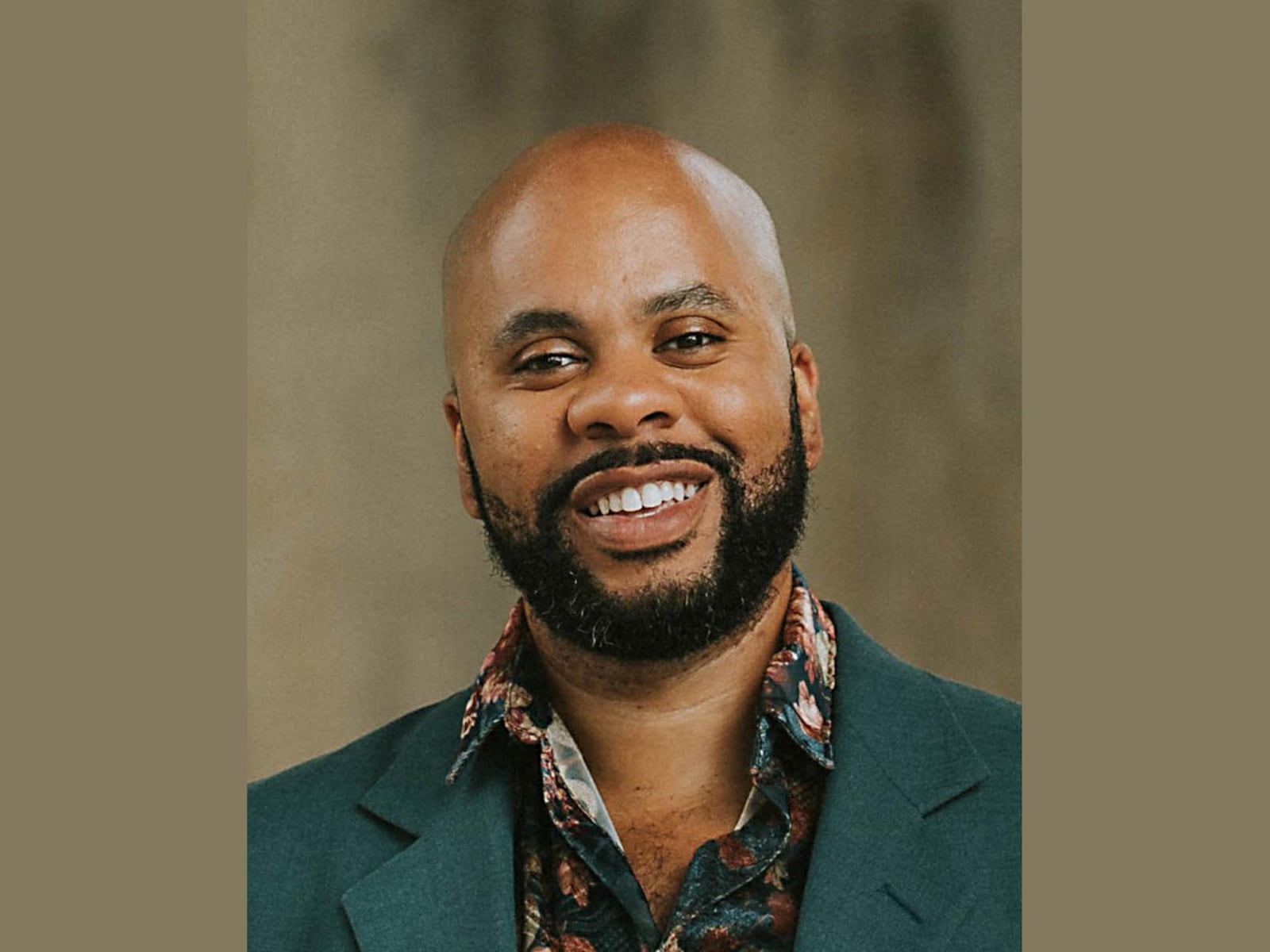Politics
Navigating Family Dynamics: When Stories Become Fantasy

A 70-year-old man known for his storytelling has recently shifted from embellishment to outright fantasy, raising concerns among his family. His older brother, who has been a sounding board for years, is grappling with how to support him without becoming overwhelmed by his increasingly imaginative tales.
Understanding the Shift in Storytelling
The younger brother has a long history of spinning stories that often blur the lines between reality and fiction. While he has always been a colorful storyteller, his recent narratives have taken a turn towards pure fantasy. Despite claiming he is “clearing out clutter” from his house, he is reportedly hiring a cleaning company, indicating a disconnect between his words and actions.
This situation has left his older brother feeling frustrated and fatigued. Over the years, he has observed that his brother struggles to maintain focus, evidenced by an ongoing “business plan” that has not yielded any income for a decade. The older brother finds himself at an impasse, where any feedback he offers is met with defensiveness, leading him to question when he should “wave the white flag.”
Navigating Family Conversations
Addressing this delicate family dynamic requires a nuanced approach. R. Eric Thomas, a well-regarded advice columnist, suggests that the older brother assess whether his sibling seeks advice or simply an audience for his stories. The defensive responses may stem from a long-standing pattern where the older brother feels compelled to critique his brother’s decisions.
“If you’ve spent decades telling him the right way to do things and he has spent decades doing things his own way, it’s no wonder you feel you’re at an impasse,” Thomas explains.
To maintain the relationship while also preserving his own mental well-being, the older brother could adopt a strategy of emotional distance. By acknowledging that these stories are part of his brother’s journey, he can detach himself from the need to engage deeply with every tale. Responding with a simple “Oh, OK” can provide a noncommittal way to acknowledge his brother without diving into the narrative.
It’s also important for him to set boundaries. He could express his feelings by saying, “I’m glad you’ve got a plan, but I’m not in a place to chat about it right now. Can we talk about something else?” This method allows him to step back from the stories without severing ties with his brother.
As families navigate complex emotional landscapes, finding a balance between support and self-care is crucial. By employing these strategies, the older brother can foster a healthier relationship with his sibling while also protecting his own emotional space.
For more insights and advice, readers can reach out to R. Eric Thomas at [email protected] or follow him on social media for weekly updates.
-

 Top Stories2 weeks ago
Top Stories2 weeks agoMarc Buoniconti’s Legacy: 40 Years Later, Lives Transformed
-

 Health2 weeks ago
Health2 weeks agoInnovative Surgery Restores Confidence for Breast Cancer Patients
-

 Sports3 weeks ago
Sports3 weeks agoSteve Kerr Supports Jonathan Kuminga After Ejection in Preseason Game
-

 Science3 weeks ago
Science3 weeks agoChicago’s Viral ‘Rat Hole’ Likely Created by Squirrel, Study Reveals
-

 Politics3 weeks ago
Politics3 weeks agoDallin H. Oaks Assumes Leadership of Latter-day Saints Church
-

 Entertainment3 weeks ago
Entertainment3 weeks agoZoe Saldana Advocates for James Cameron’s Avatar Documentary
-

 Business3 weeks ago
Business3 weeks agoTyler Technologies Set to Reveal Q3 2025 Earnings on October 22
-

 Lifestyle3 weeks ago
Lifestyle3 weeks agoKelsea Ballerini Launches ‘Burn the Baggage’ Candle with Ranger Station
-

 Lifestyle3 weeks ago
Lifestyle3 weeks agoDua Lipa Celebrates Passing GCSE Spanish During World Tour
-

 Health3 weeks ago
Health3 weeks agoCommunity Unites for Seventh Annual Mental Health Awareness Walk
-

 Business3 weeks ago
Business3 weeks agoZacks Research Downgrades Equinox Gold to Strong Sell Rating
-

 Health2 weeks ago
Health2 weeks ago13-Year-Old Hospitalized After Swallowing 100 Magnets









